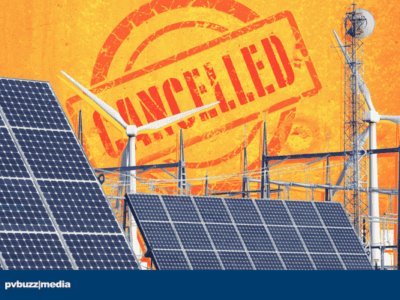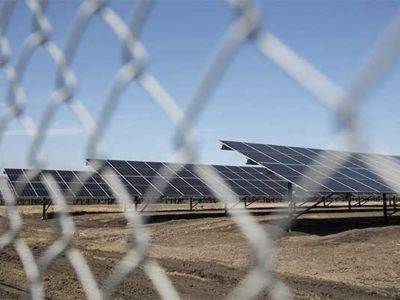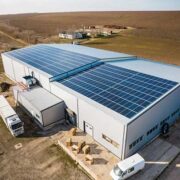LONDON — This research service on renewable energy (RE) power development opportunities in sub-Saharan Africa (SSA) provides market drivers and restraints, overview of RE support policies prevalent in the region, ranking of countries offering the best market opportunities as well as a detailed list of operating and RE power projects under development.
In addition, the study identifies countries with the most conducive regulatory, political and economic landscape for RE power development. In this research, Frost & Sullivan’s expert analysts thoroughly examine the following technologies:
– solar photovoltaic (PV)
– concentrated solar power (CSP)
– wind power
– geothermal power
Market Overview
Need for long-term sustainability promotes RE sector
The increasing focus on sustainable power generation is driving SSA to move from fossil fuels to RE. The region’s large untapped RE resources, including solar, wind, hydro and geothermal, are further promoting this trend.
However, the low bankability of RE projects, limited grid capacity and stability, and the lack of economies of scale (in terms of electricity demand) are holding back the implementation of large-scale RE power projects.
The reluctance of some countries in the region to allow the private sector to develop power projects, even though it has been proven to be a more cost-effective strategy, is also hindering the growth of the sector. Government’s willingness to involve the private sector and ensure clear policies and regulations for the development of independent power producers (IPPs) will greatly facilitate new RE power projects.
East and Southern Africa are showing the highest market potential. Being the most advanced economy in SSA with high RE targets, South Africa is experiencing a significant amount of investments in new large-scale CSP, PV, and wind power projects. This success is bolstered by the 2011 implementation of the Renewable Energy Independent Power Producer Procurement Program (REIPPPP).
Following South Africa, Tanzania, Kenya, Namibia, Zambia, Nigeria, and Botswana present the best opportunities. Ghana, Cote d’Ivoire, and Ethiopia also deserve particular attention for future investment opportunities due to their favourable legislative and institutional framework and governments’ inclination to fast-track the development of RE power projects.
Burgeoning RE power projects will also drive a green economy and help in creating jobs in related fields such as construction, operation, and maintenance of RE power plants.













Comments